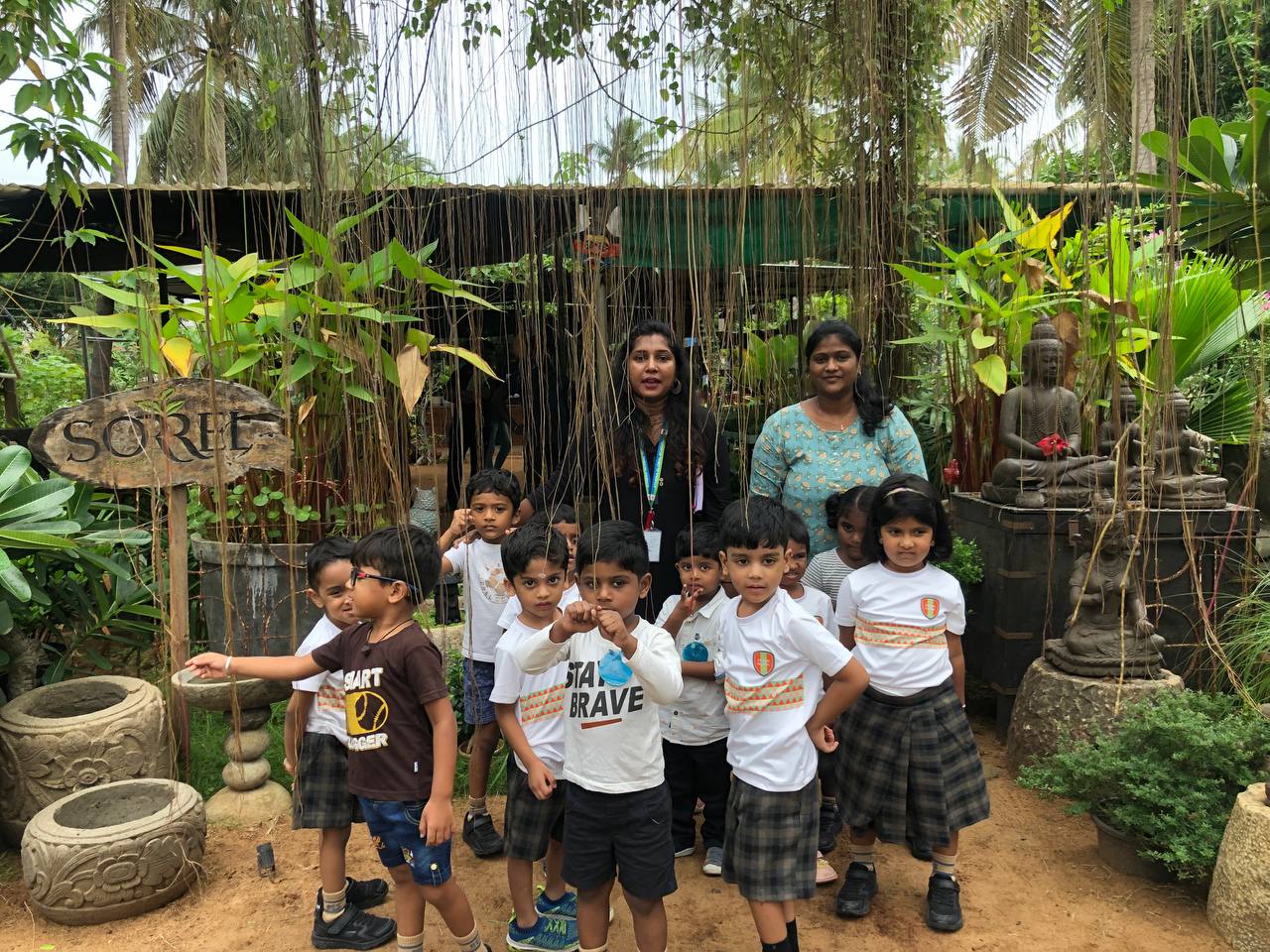In the early years of education, ‘discovery’ is a cornerstone for practical pedagogical approaches. It’s a term that resonates deeply with young learners’ natural curiosity and exploratory instincts. This blog delves into why ‘discovery’ is the magic word in early childhood education, shaping young minds and setting the foundation for lifelong learning.
The Essence of Discovery Learning
Discovery learning is grounded in the idea that children learn best through doing and exploring. This method aligns perfectly with the innate curiosity of young children, as they are naturally inclined to interact with their environment, ask questions, and explore new things. It transcends traditional rote learning, allowing children to understand concepts better by experiencing them firsthand.
Benefits of Discovery-Based Learning
- Enhances Critical Thinking and Problem-Solving: Children learn to think critically and solve problems creatively when they discover things independently. This self-guided exploration helps develop cognitive skills vital for their future academic and personal growth.
- Promotes Autonomy and Confidence: Discovery learning fosters a sense of independence in children. When they find answers on their own, it boosts their confidence and self-esteem, which is essential for their overall development.
- Cultivates Lifelong Learners: By encouraging curiosity and a love for learning, discovery-based pedagogy instils the qualities of a lifelong learner. Children learn to view learning as a continuous, enjoyable journey rather than a chore.
Implementing Discovery Learning in Early Education
- Creating Stimulating Environments: Educators and parents can facilitate discovery learning by setting up environments rich in resources, open-ended materials, and opportunities for exploration. These spaces should encourage children to experiment, imagine, and ask questions.
- Encouraging Inquiry and Experimentation: Adults should encourage children to ask questions and find answers through experimentation. This approach helps develop scientific thinking and a deep understanding of the world’s workings.
- Integrating Technology: In today’s digital age, technology can be a powerful tool in supporting discovery learning. Interactive apps and digital resources can offer engaging, exploratory experiences for young learners.
- Developing Compassion and Empathy: Mindfulness fosters a connection to others, helping children develop empathy and compassion. Understanding and caring about the feelings of others is a key component of emotional intelligence. Incorporating mindfulness into early education benefits children in their formative years and can lay the foundation for lifelong well-being and mental health. This holistic approach to education,
Challenges and Considerations
While discovery learning has many benefits, balancing it with guidance and structure is crucial. Young children still need adult support to make sense of their discoveries and link them to broader concepts. Moreover, educators should be mindful of each child’s learning style and pace, ensuring that discovery-based activities cater to diverse needs.
Conclusion
In conclusion, the magic of discovery in early years pedagogy lies in its alignment with the natural learning style of young children. By embracing discovery learning, educators and parents can nurture curious, confident, and independent learners. It’s a journey that imparts knowledge and instils a lifelong passion for exploration and learning. As we forge ahead in the 21st century, the emphasis on discovery in early education is more relevant than ever; Athena Global School is preparing our youngest generation for a future where adaptability, creativity, and critical thinking are paramount.
Author Mrs Antony Josephine, Principal, Athena Global School, Chennai


